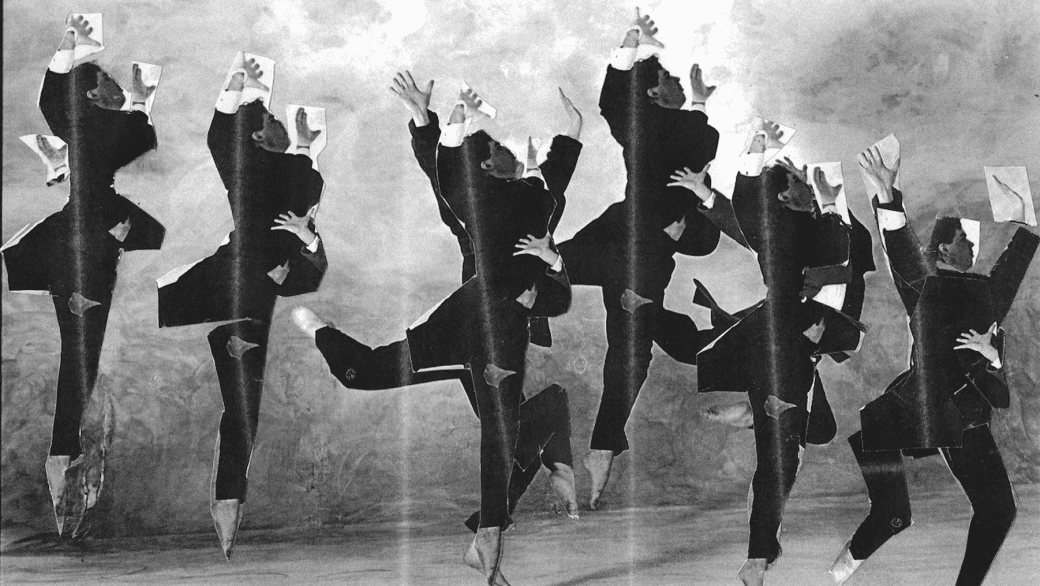The explosion of zines in the 1970s is often attributed to the rise of the photocopier. Though it was invented a decade earlier, increased production lowered prices and the technology began to populate offices and libraries widely. Suddenly any kid with a few bucks and something to say had a cheap and easy medium for their message.
Zines were of course hugely important for the punk and the feminist scenes. But they were also a key for the era’s burgeoning queer movement. The format’s growth wasn’t just about its accessibility however. It was also a reaction to pervading right-wing sentiments being blasted by television, radio and newspapers at the time.

“The mainstream media were perpetuating homophobia and conservatism by printing a lot of misinformation and bullshit,” Raymond Helkio says. “Political zines flourished during this period as a means to counter this and help people from these communities connect.”
Helkio is the brains behind Something Old, Something New, Something Borrowed, Fuck You. Including poems, essays and photos, the single-issue zine offers queer takes on the ties that bind us together.
The project includes contributions from 14 artists including Brad Fraser, David Bateman, Rolyn Chambers and Amy Pearl. Writer and performer Cathy Petch’s poem The Baby I’ll Never Have offers a humorous take on a devastating miscarriage. Artist-activist Em Glasspool puts a new spin on pop weirdoes Was (Not Was)’ unlikely classic “Hello Dad, I’m In Jail.” And perennial provocateur Keith Cole delivers an uncharacteristically moving photo-textual collage dedicated to his ailing mother.

Queers have been redefining kinship through their whole existence. But Helkio’s inspiration came from the recognition mainstream society still maintains limited definitions of these relationships. Listening to the radio on Family Day (an Ontario statutory holiday in mid-February), he caught a segment on people discussing how they planned to spend the afternoon; a conversation which persistently defined “family activities” as things to do within a nuclear configuration of blood relations.
“It served as a reminder of where queers rank in the scheme of things,” he says.
The second part of his drive was also linked to this idea of chosen family and broader community. The project serves as a fundraiser for Glad Day Bookshop.
“They act as an intellectual and artistic hub for us and this is a way to raise money for them and demonstrate our love and commitment to their work,” Helkio says. “They’re an important institution who helped fight for some of the rights we currently enjoy. I think many of today’s youth understand the fight that preceded them. But so many more have no real appreciation of how fragile their rights actually are at this early point in our history.”
While zines continued to boom through the 1990s, the turn of the century saw the format decline. Along with analog photography and Super 8 film, the once accessible medium was being replaced by even easier options; message boards blogs, and video channels. And yet, like all those forms, the zine persists.
“There’s something almost passive about writing a blog or posting a video because once it’s up that’s often the end of the discussion,” Helkio says. “The internet has become so unbelievably vast and while everyone wants their content to go viral, most stuff just sits there. By contrast, a zine is a physical object that literally takes up space in brick and mortar locations like bookstores, bathhouses, bars and coffee shops.”
“We may never see such a proliferation of zines as we did in the ’70s and ’80s,” he adds. “But just like disco I don’t think they’ll ever entirely go away either.”
(Something Old, Something New, Something Borrowed, Fuck You.
Queer Zine Explores The Family Ties That Bind (And Gag)
How To Get A Copy
$12
eZinepayhip.com/b/naM5
$25 limited edition hard copy (5.5 x 4.25” +postage)
raymondhelkio.com/publications/sosnsbfu)


 Why you can trust Xtra
Why you can trust Xtra


